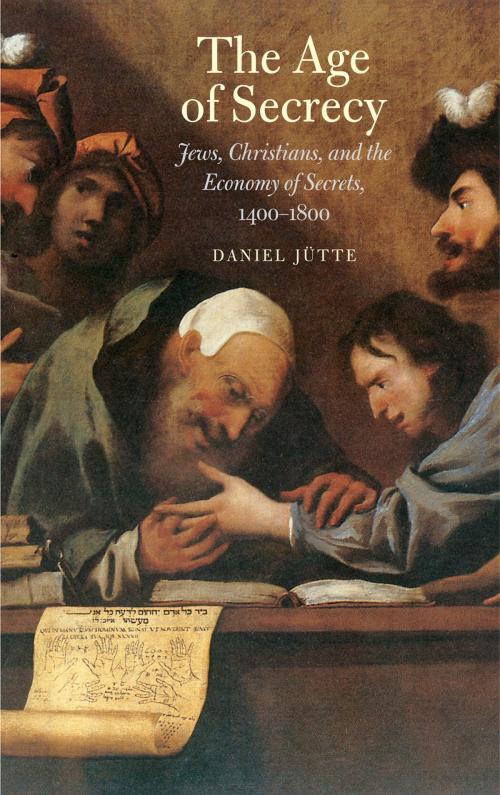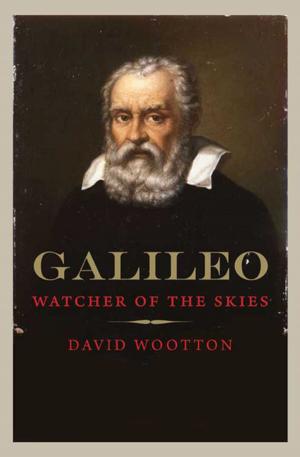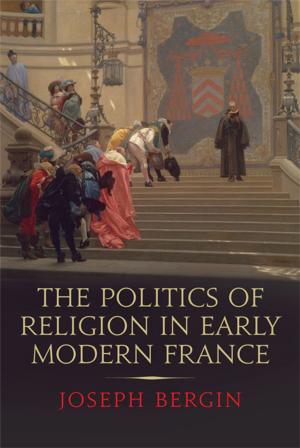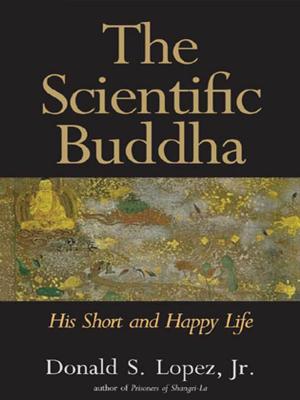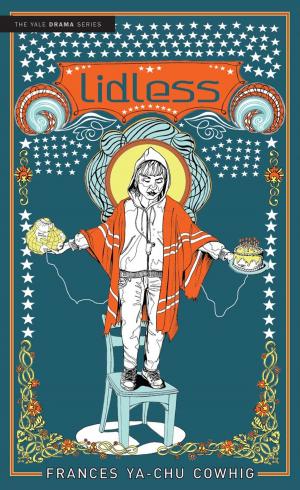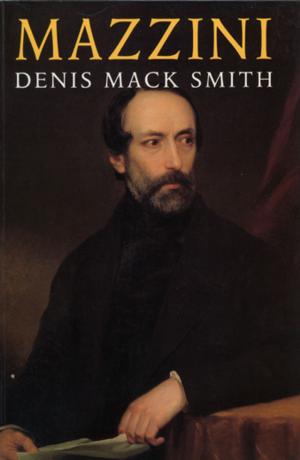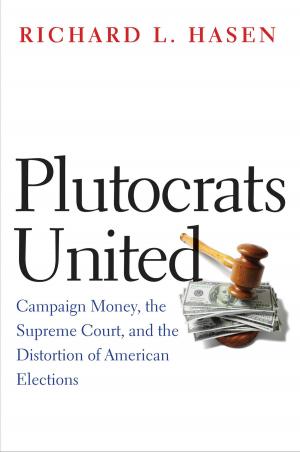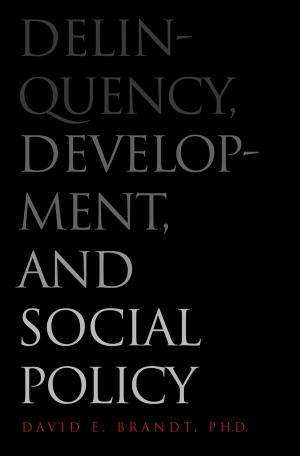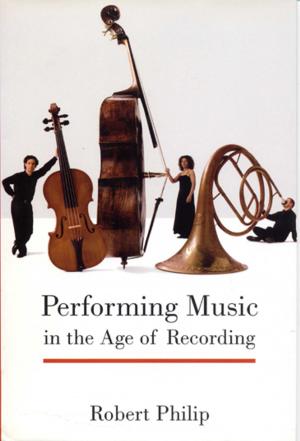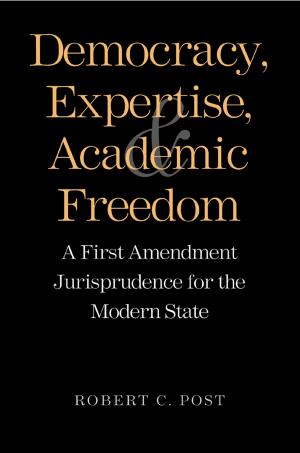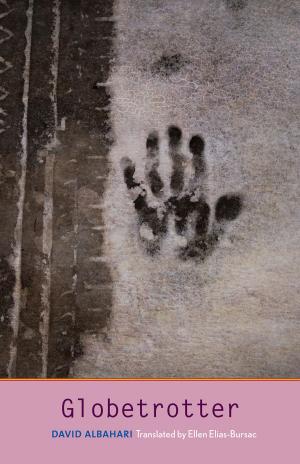The Age of Secrecy
Jews, Christians, and the Economy of Secrets, 14001800
Nonfiction, Religion & Spirituality, Reference, History, Jewish, European General| Author: | Daniel Jütte (Jutte) | ISBN: | 9780300213423 |
| Publisher: | Yale University Press | Publication: | May 26, 2015 |
| Imprint: | Yale University Press | Language: | English |
| Author: | Daniel Jütte (Jutte) |
| ISBN: | 9780300213423 |
| Publisher: | Yale University Press |
| Publication: | May 26, 2015 |
| Imprint: | Yale University Press |
| Language: | English |
The fifteenth through the eighteenth centuries were truly an Age of Secrecy in Europe, when arcane knowledge was widely believed to be positive knowledge which extended into all areas of daily life. So asserts Daniel Jütte in this engrossing, vivid, and award-winning work. He maintains that the widespread acceptance and even reverence for this “economy of secrets” in premodern Europe created a highly complex and sometimes perilous space for mutual contact between Jews and Christians. Surveying the interactions between the two religious groups in a wide array of secret sciences and practices, the author relates true stories of colorful “professors of secrets” and clandestine encounters. In the process Jütte examines how our current notion of secrecy is radically different in this era of WikiLeaks, Snowden, etc., as opposed to centuries earlier when the truest, most important knowledge was generally considered to be secret by definition.
The fifteenth through the eighteenth centuries were truly an Age of Secrecy in Europe, when arcane knowledge was widely believed to be positive knowledge which extended into all areas of daily life. So asserts Daniel Jütte in this engrossing, vivid, and award-winning work. He maintains that the widespread acceptance and even reverence for this “economy of secrets” in premodern Europe created a highly complex and sometimes perilous space for mutual contact between Jews and Christians. Surveying the interactions between the two religious groups in a wide array of secret sciences and practices, the author relates true stories of colorful “professors of secrets” and clandestine encounters. In the process Jütte examines how our current notion of secrecy is radically different in this era of WikiLeaks, Snowden, etc., as opposed to centuries earlier when the truest, most important knowledge was generally considered to be secret by definition.
